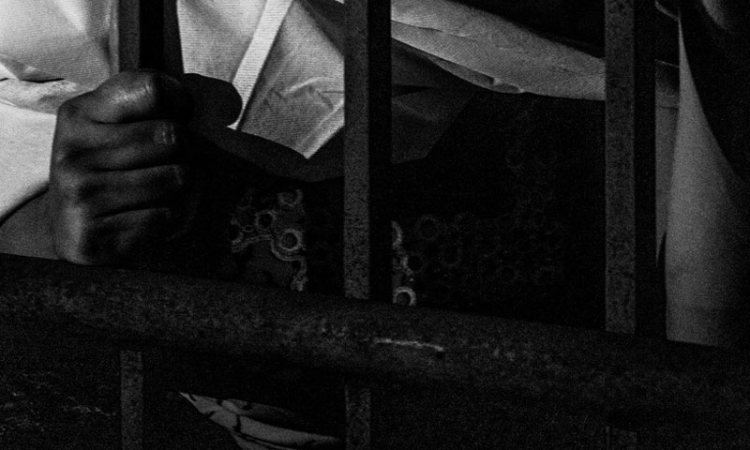Commuting Life Sentence- Revaluate Cases For Remission After 14 Years Of Incarceration Even If Appeals Pending: Allahabad HC Directs UP Govt.
Sparsh Upadhyay
8 Feb 2021 6:18 PM IST

We are pained to mention that even after 14 years of incarceration, the State did not think of exercising its power for commutation of sentence of life imprisonment of the present accused : Allahabad High Court
Next Story


